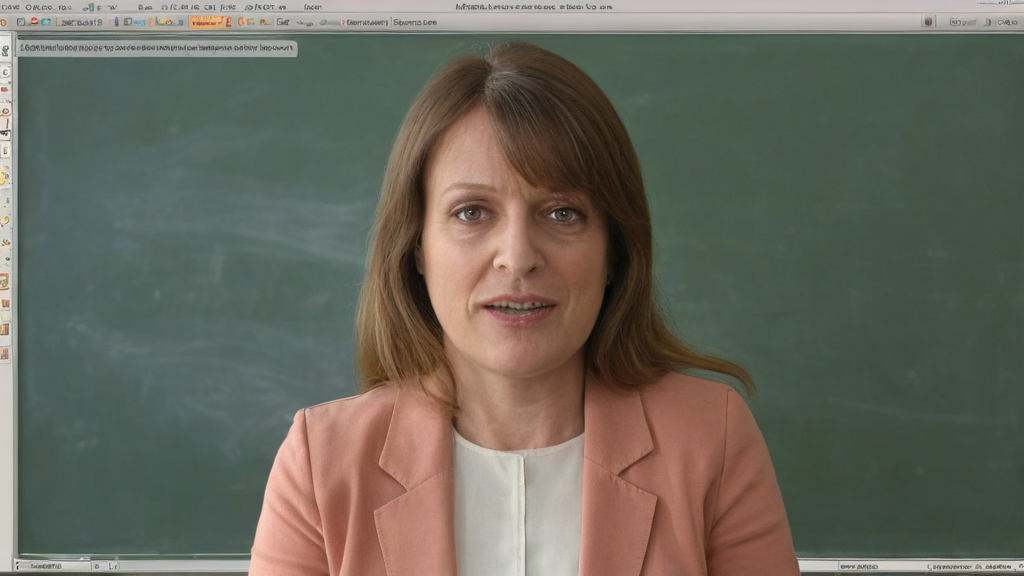The Buddhist Concept of No-Self (Anatta) and Its Revolutionary Philosophical Declaration
In the vast landscape of philosophical thought, the Buddhist doctrine of no-self (Anatta) stands as a profound and transformative understanding of human existence. This revolutionary concept challenges fundamental perceptions about personal identity, consciousness, and the nature of self.
Origins of the Philosophical Declaration
Siddhartha Gautama, known as the Buddha, was the first to systematically declare that there is no permanent, unchanging self. During his enlightenment, he recognized that what humans perceive as a fixed, continuous identity is actually a dynamic process of interconnected experiences and mental formations.
Who Declared That There Is No Permanent Self: Core Philosophical Insights
The declaration of no-self fundamentally dismantles traditional philosophical assumptions about individual identity. Buddha observed that what we consider “self” is merely a collection of:
• Temporary physical sensations
• Fleeting mental experiences
• Continuously changing emotional states
• Transient thought patterns
• Interdependent biological processes
Philosophical Implications
This groundbreaking perspective suggests that individual identity is not a solid, unchanging entity but a fluid, continuously transforming experience. By rejecting the notion of a permanent self, Buddha introduced a radical understanding that challenges deeply ingrained human perceptions about personal existence.
Psychological Dimensions
The no-self concept offers profound psychological liberation. It suggests that suffering emerges from attachment to a fictitious, permanent identity. When individuals recognize the impermanent nature of their experiences, they can:
• Reduce emotional suffering
• Develop greater emotional flexibility
• Cultivate deeper compassion
• Understand interconnectedness
• Practice non-attachment
Scientific and Contemporary Relevance
Modern neuroscience and cognitive psychology increasingly align with Buddhist insights. Contemporary research demonstrates that consciousness is a dynamic, ever-changing process rather than a fixed, stable phenomenon. The Buddhist declaration of no-self resonates with emerging scientific understanding of human cognition.
Comparative Philosophical Perspectives
Unlike Western philosophical traditions that often emphasize individual ego and permanent identity, Buddhist philosophy presents a radically different perspective. The declaration of no-self represents a unique philosophical approach that views human experience as a complex, interconnected process.
Practical Philosophical Applications
Understanding no-self isn’t merely an abstract philosophical concept but a practical approach to experiencing life. By recognizing the fluid nature of identity, individuals can:
• Develop greater emotional resilience
• Reduce ego-driven conflicts
• Cultivate more authentic relationships
• Embrace personal growth and transformation
Meditation and Experiential Understanding
Buddhist meditation practices provide practical methods for experiencing no-self. Through mindfulness and contemplative techniques, practitioners can directly experience the dynamic, impermanent nature of consciousness.
Global Philosophical Impact
The Buddhist declaration of no-self has significantly influenced global philosophical discourse. It challenges fundamental assumptions about personal identity, offering a sophisticated alternative to essentialist views of human existence.
By introducing the concept of Anatta, Buddha presented a revolutionary philosophical perspective that continues to inspire profound reflection on the nature of human experience, consciousness, and interconnectedness for Who Declared That There Is No Permanent Self.
This philosophical insight remains a powerful invitation to explore consciousness beyond conventional understanding, encouraging a more fluid, compassionate, and dynamic approach to personal identity and human experience.
Philosophical Perspectives on the Impermanence of Personal Identity Across Different Traditions
The profound question of personal identity and its transient nature has captivated philosophers, spiritual leaders, and thinkers across diverse cultural traditions. At the heart of this exploration lies a fundamental inquiry into the essence of human existence and the concept of self for Who Declared That There Is No Permanent Self.
Buddhist philosophy, particularly through the teachings of Siddhartha Gautama, provides a groundbreaking perspective on the absence of a permanent self. The concept of anatta (non-self) reveals that what we perceive as a fixed identity is merely a continual process of changing experiences, thoughts, and physical sensations.
Philosophical Insights into Self-Transformation
Several key traditions have contributed significant insights into the impermanence of personal identity:
- Buddhist philosophy challenges the notion of a permanent, unchanging self
- Ancient Indian philosophical schools explore the dynamic nature of consciousness
- Contemplative traditions emphasize the fluid nature of human experience
In the Buddhist tradition, practitioners are encouraged to understand that the self is not a fixed entity but a collection of interconnected experiences. This perspective suggests that what we consider our identity is actually a complex interplay of:
- Mental formations
- Sensory perceptions
- Emotional responses
- Conditional experiences
Comparative Philosophical Perspectives
While Buddhist philosophy explicitly declares the absence of a permanent self, other philosophical traditions offer nuanced interpretations. Ancient Indian philosophical schools like Advaita Vedanta propose that individual consciousness is ultimately connected to a universal consciousness, suggesting a more fluid understanding of personal identity for Who Declared That There Is No Permanent Self.
Contemporary philosophers and neuroscientists have increasingly supported the idea of a dynamic self. Research indicates that our neural pathways, memories, and cognitive structures continuously change, challenging the traditional concept of a static personal identity.
Implications of Non-Permanent Self
Understanding the impermanent nature of self has profound psychological and spiritual implications. It encourages individuals to:
- Embrace personal growth and transformation
- Release attachment to fixed self-perceptions
- Develop greater emotional resilience
- Cultivate a more compassionate worldview
The concept of non-permanent self does not diminish individual experience but rather expands our understanding of human potential. It suggests that personal identity is a dynamic, evolving process rather than a static construct.
Scientific and Philosophical Convergence
Modern neuroscience increasingly supports philosophical insights about the fluid nature of personal identity. Brain plasticity research demonstrates how our neural networks continuously adapt, reflecting the dynamic nature of consciousness proposed by ancient philosophical traditions.
Quantum physics and consciousness studies further challenge traditional notions of a fixed self. These disciplines suggest that consciousness itself might be a fundamental aspect of reality, continuously reshaping our understanding of personal experience.
Practical Applications
Recognizing the impermanent nature of self can lead to transformative personal practices. Meditation, mindfulness, and contemplative approaches help individuals develop a more flexible and compassionate relationship with their evolving identity.
By embracing the concept of a non-permanent self, individuals can cultivate greater psychological flexibility, emotional intelligence, and a deeper understanding of human experience.
Conclusion
The exploration of the concept of no permanent self reveals a profound philosophical journey that challenges our fundamental understanding of identity. Buddhist teachings, particularly through the doctrine of Anatta, have offered a groundbreaking perspective that fundamentally disrupts conventional notions of a fixed, unchanging self. This radical view suggests that what we perceive as a continuous, permanent identity is actually a dynamic process of interconnected experiences and momentary consciousness.
Across philosophical traditions, the idea of impermanent selfhood emerges as a transformative insight. From Buddhist philosophy to contemporary psychological understanding, the notion that the self is not a static entity but a fluid, ever-changing phenomenon has significant implications for how we understand human experience, consciousness, and personal growth.
The declaration of no permanent self is more than an abstract philosophical concept—it’s a powerful invitation to reimagine our relationship with identity, attachment, and personal existence. By recognizing the transient nature of our experiences and sense of self, we open ourselves to greater compassion, flexibility, and understanding of both personal and collective human experiences.
Ultimately, this philosophical perspective offers a liberating approach to self-understanding. It encourages individuals to embrace change, let go of rigid self-definitions, and recognize the interconnected and dynamic nature of human consciousness. The wisdom of no-self provides a profound framework for personal growth, mental flexibility, and a more compassionate engagement with our own and others’ experiences.
As we continue to explore these deep philosophical insights, we are reminded that our sense of self is not a fixed destination, but a continuous, evolving journey of understanding, transformation, and interconnection.


